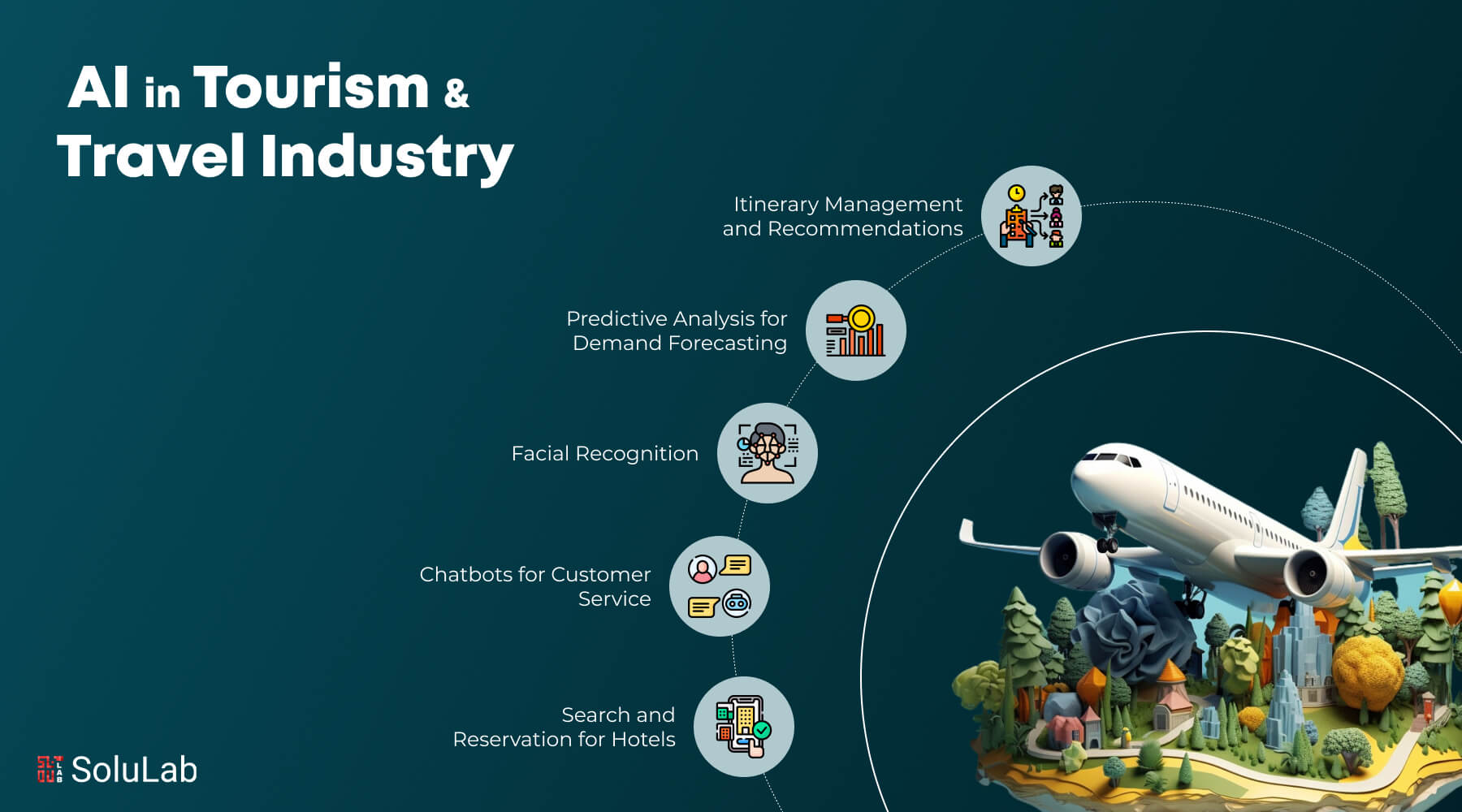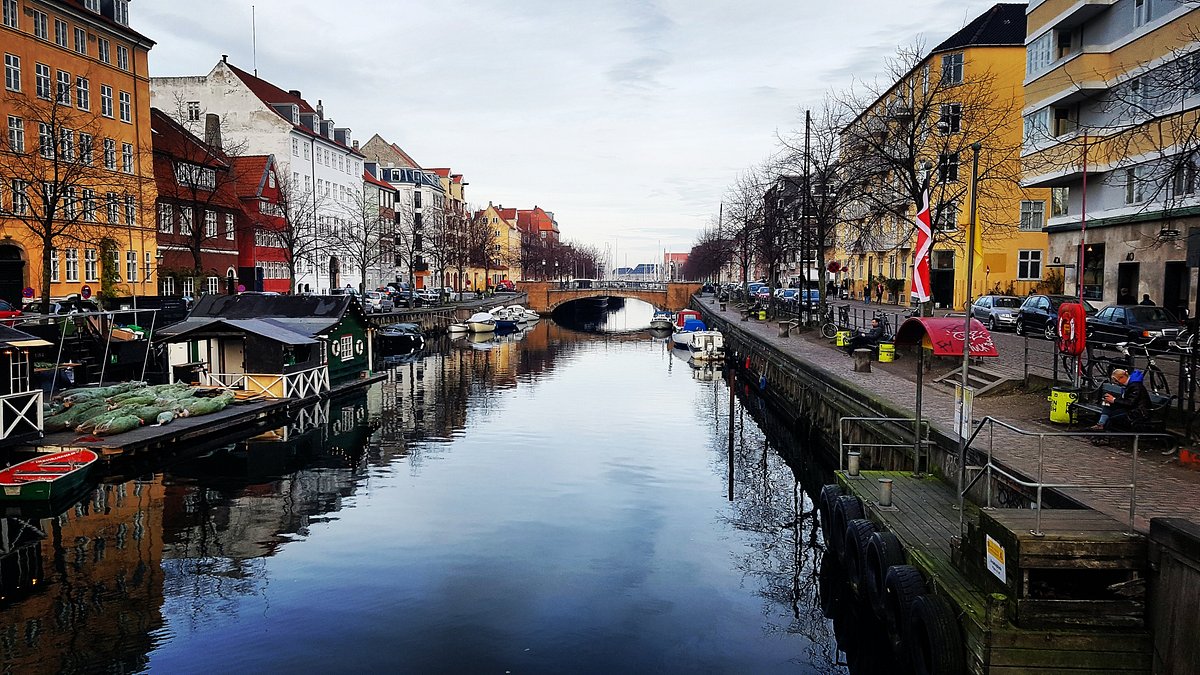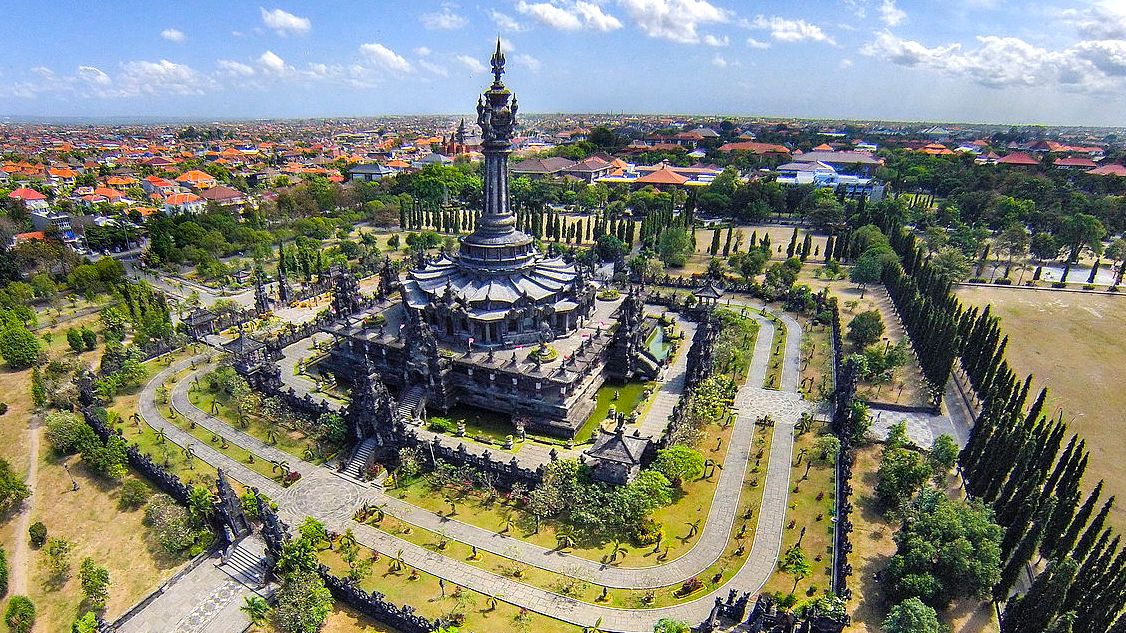Travel in 2025 has become smarter than ever, with artificial intelligence reshaping how we plan, book, and experience trips. From personalized itineraries to AI-driven translation tools, technology is making exploration faster, safer, and more immersive. Here are nine AI-powered travel tools that are already transforming journeys across the globe.
1) ChatGPT Travel Planners
AI chatbots like ChatGPT are being used by millions of travelers to design custom itineraries in seconds. Instead of browsing dozens of sites, you can ask for a 5-day trip plan to Paris with museums, food, and hidden spots. The system pulls data from live sources to recommend tailored options.
OpenAI, led by CEO Sam Altman, born in 1985, is the company behind ChatGPT. Altman is a well-known entrepreneur and investor with a personal net worth estimated around $2 billion. His leadership and funding network push AI adoption into mainstream industries like travel.
2) Google Maps AI Recommendations
Google Maps now suggests restaurants, attractions, and activities using machine learning. The AI considers your previous searches, ratings, and even the time of day to provide smart travel tips. It also uses predictive traffic algorithms to recommend the fastest route in real time.
Google CEO Sundar Pichai, born in 1972, has overseen AI integration across Google services. His estimated net worth is more than $600 million. Married to Anjali Pichai with two children, his leadership has ensured Google Maps remains a vital tool for travelers worldwide.
3) Hopper’s Price Prediction Engine
Hopper uses AI to predict flight and hotel prices with up to 95% accuracy. It tells you whether to book now or wait for a cheaper deal. This helps budget-conscious travelers save hundreds of dollars on long trips.
The company’s co-founder, Frederic Lalonde, born in 1974, has built Hopper into one of the fastest-growing travel apps. His estimated wealth is in the tens of millions, driven by investments from top venture capital firms.
4) TripIt AI Travel Assistant
TripIt organizes flight schedules, hotel bookings, and rental cars into a single timeline. Its AI scans emails, extracts travel details, and generates a smooth itinerary with live updates on gate changes and delays. Frequent flyers find it indispensable.
The parent company, SAP Concur, is led by Christian Klein, born in 1980, who became CEO in his late 30s. His net worth is estimated in the multi-million-dollar range, and his leadership has kept SAP Concur among the top travel management firms.
5) Airbnb AI Search and Safety Features
Airbnb uses AI to recommend stays based on travel style, budget, and group size. It also applies machine learning to detect fraud and improve safety for both hosts and guests. AI-driven photo recognition helps improve listings by highlighting amenities.
Co-founder and CEO Brian Chesky, born in 1981, has a net worth of about $8 billion in 2025. He is single and often speaks about designing travel experiences for community and belonging, values that fuel Airbnb’s AI-powered tools.
6) AI Translation Earbuds
Devices like Timekettle and Google Pixel Buds allow real-time translation across more than 40 languages. Whether asking for directions in Tokyo or bargaining in Marrakech, travelers can communicate without barriers. AI models continuously improve accuracy and tone, making cross-cultural interaction smoother.
Xiaoxi Fang, founder of Timekettle, was born in the late 1980s and has grown the company into a global startup with multi-million-dollar valuation. His entrepreneurial success shows how AI-powered communication is reshaping tourism.
7) AI-Powered Virtual Guides
Museums, historical sites, and even entire cities now offer AI-based virtual guides. Using AR glasses or mobile apps, tourists can hear stories about landmarks in real time. The AI adapts based on your interests—history buffs get more context, while casual visitors hear quick facts.
Companies like SmartGuide and GuideNow are scaling these services. SmartGuide CEO Jan Dolejsi has helped grow the app into a platform used in over 800 destinations. His net worth, while modest compared to tech giants, reflects steady growth in the travel-tech sector.
8) Travel Insurance with AI Risk Analysis
Insurtech firms now use AI to personalize travel insurance. Algorithms predict risks like medical emergencies, cancellations, or lost luggage depending on destination, weather, and traveler profile. This makes coverage smarter and often cheaper.
Companies such as SafetyWing and Lemonade Insurance are leaders here. Lemonade’s co-founder Daniel Schreiber, born in 1971, has a net worth estimated at $100 million. His focus on AI-driven insurance has disrupted traditional models and brought smarter protection for global travelers.
9) AI Airport Assistants
Airports worldwide are deploying AI-powered assistants to ease passenger journeys. From biometric boarding gates to chatbots that answer questions about security lines or baggage claim, these tools reduce stress and save time. Changi in Singapore and Hamad in Doha are leaders in this space.
Behind such systems are global airport tech providers like SITA, led by CEO David Lavorel, born in 1970. His net worth is estimated in the multi-million range, with a career dedicated to aviation innovation.
Why AI Travel Tools Matter Now
AI is not replacing human travel—it is enhancing it. From predicting the cheapest flight to removing language barriers and streamlining airport experiences, these tools make journeys smoother and more personal. By 2030, AI will likely guide nearly every aspect of travel, but early adopters are already enjoying the benefits in 2025.
For travelers, the lesson is simple: the smartest journeys no longer come from guidebooks but from algorithms. And with global companies and visionary leaders investing billions into travel tech, the future of exploration will be faster, safer, and more exciting than ever.








